What is a Conservation Easement?
A conservation easement is a legal agreement between a landowner and Six Rivers that permanently restricts the future activities on the land in order to protect its natural resources and conservation values. At Six Rivers, we frequently facilitate conservation easement agreements.
FAQs about Conservation Easements
Why should I donate a conservation easement?
People donate conservation easements for a variety of reasons. Some donate for the potential tax advantages they might receive. Others donate because of their conservation values and desire to leave a lasting legacy on the land. Every easement is different, and Six Rivers will work with landowners to reflect their wishes and desires to conserve the land in perpetuity.
Does Six Rivers accept all easement offers?
Six Rivers evaluates properties on a case-by-case basis. Potential easement sites are visited by a staff member to determine the property's conservation values. Six Rivers' Board of Directors then votes on whether to accept or reject an easement offer.
Does Six Rivers purchase easements?
Yes, easements can be purchased on a case-by-case basis and subject to the availability of funding. Most often easement purchases are the result of securing funds from publicly funded conservation programs such as farmland preservation or wetland preservation programs. These programs require submission of applications for funds. The programs are highly competitive and only a few of the best projects are funded. Most programs will only pay 50-75% of the value of the easement, so the balance must be made up through donation of the remaining value or seeking other funding sources. While there are funding sources available, these are limited and competitive, so landowners should be cautious about their expectations.
What type of land can be protected by a conservation easement?
Any land that demonstrates a definite conservation purpose can be protected by an easement. This includes woodlands, wetlands, meadows, farmland, endangered species habitat, scenic areas, natural areas, wild and scenic rivers, historic areas, and any other type of land that has a public benefit.
Why do conservancies acquire conservation easements?
Conservation easements are an important tool in the field of land conservation. An easement allows Six Rivers to protect land without having to own the property and take on direct responsibilities related to the property.
A New Day - Jacqueline Mannino
How long does an easement last?
Conservation easements protect land in perpetuity. Easements run with the land and apply to all current and future owners of protected properties.
Who enforces the terms of the easement?
Six Rivers is responsible for enforcing easements. This is done through annual monitoring visits to make sure that properties are in compliance with easement terms.
If I donate an easement, do I still own the land?
Yes, you will still own the land. Land that has a conservation easement on it can be bought, sold, and inherited just like any other property. However, the same restrictions that apply to the current landowner will apply to future landowners.
What activities do easements prohibit?
Conservation easements typically prohibit any type of development or extraction of natural resources from the property. This is to ensure that the conservation value of property is protected.
Am I responsible for maintenance of my property if I donate an easement?
Yes, landowners are responsible for all aspects of property and building maintenance on conservation easements.
No Makeup - Jay Jones
What are the advantages of donating a conservation easement?
For people who have a strong desire to conserve their land, an easement can assure them that their land will never be developed now or in the future. Potential benefits from donated easements may include lower property tax rates on unimproved land, reduction of federal estate taxes, reduction of federal income taxes, and reduced state inheritance tax rates. An accountant and lawyer specializing in conservation easements should be consulted for individual specifics.
Will an easement grant the public access to my property?
No, conservation easements do not grant public access to your land.
Will the easement cover my entire property?
Not necessarily. The boundaries of an easement are up to the landowner and Six Rivers to decide. Therefore, landowners are still able to construct any locally permitted improvements on their land that are not within the easement’s boundaries.
How much is an easement worth?
To figure out the value of a conservation easement, the land must be appraised by a qualified appraiser. The appraisal will determine the value of the land with and without an easement being placed on the property. The difference between the two numbers is the potential value of the easement. For example, if an appraiser determines that the property is worth $750,000 without a conservation easement and $500,000 with the easement, the value of the conservation easement is worth $250,000. This amount can then be deducted over time to offset the property owner’s adjusted gross income.





